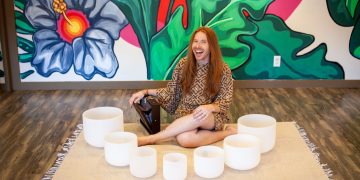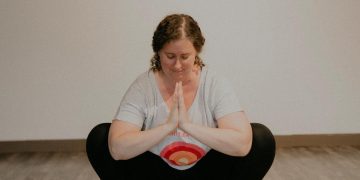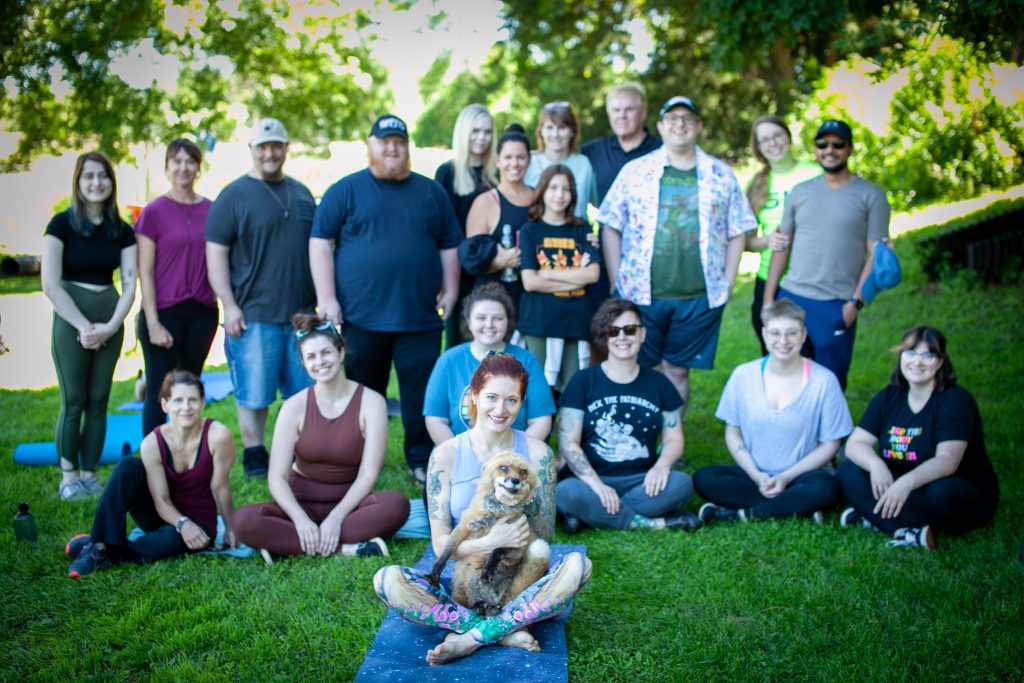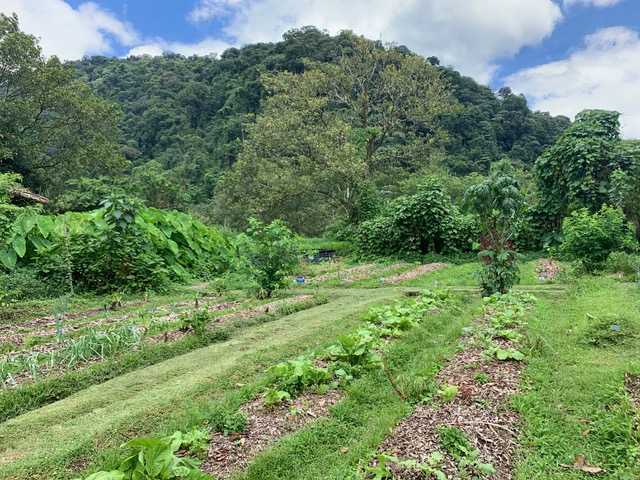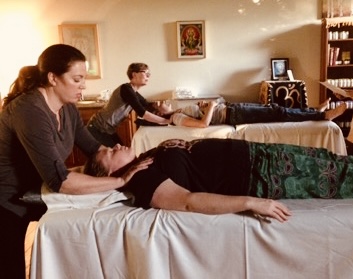As the bustle of back-to-school season ensues, it can become easy for educators to feel overwhelmed in the whirlwind of responsibilities. However, this chaos creates an opportunity for school districts to prioritize the well-being of their staff. By prioritizing mindfulness training for faculty, schools can create a culture of holistic well-being permeating throughout the educational experience.
Across the nation, schools witnessed a rise in emotional dysregulation. Since 2016, Brooklyn Center Community Schools (BCCS), a small school district on the edge of North Minneapolis, has been using inclusive mindful movement practices to support healthier environments for staff and students. While there is a growing emphasis on incorporating mindfulness practices into school curricula, there exists a pressing need to focus on adults first. The backbone of the educational system, teachers and their wellbeing directly impact the quality of instruction and overall climate of schools. BCCS sees everyday how mindful movement practices centered in inclusion and belonging serve as necessary tools to support wellbeing.
Mindfulness is defined as the practice of being present and aware in the moment without judgment. From improved staff morale to enhanced student outcomes and school climate, the impact of enriching educators’ wellbeing through mindfulness is undeniable. By investing in mindfulness training cohorts, school districts can create a ripple effect extending beyond the confines of the classroom.
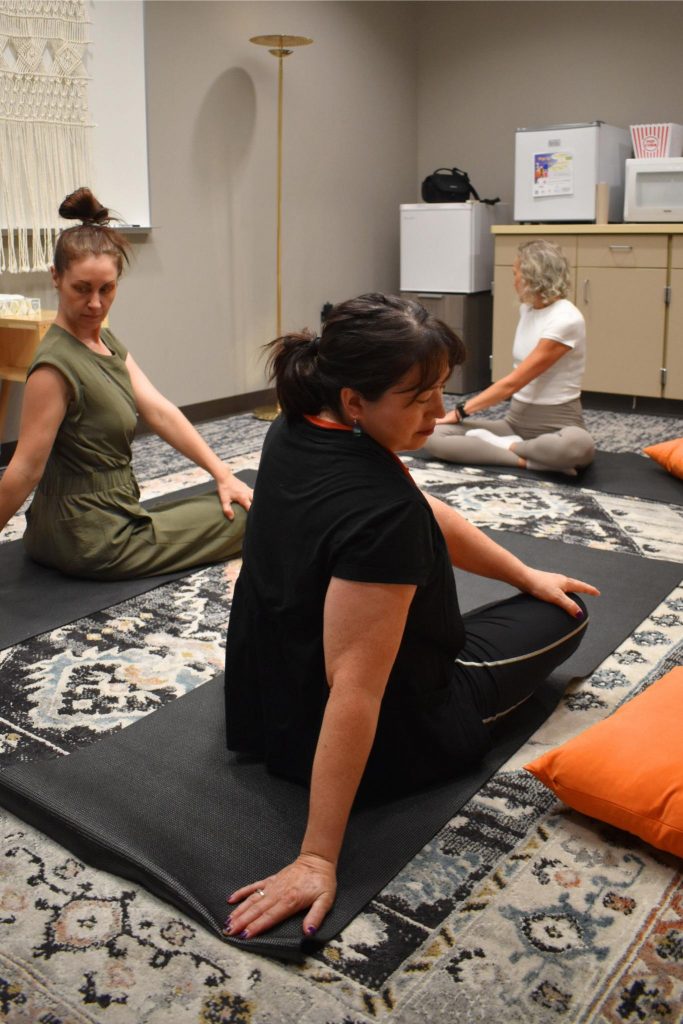
Mindfulness training cohorts offer opportunities for teachers to explore the intersection of mindfulness and cultural responsiveness. Inclusive classrooms are the cornerstone of a thriving educational environment, where every student feels valued, respected, and supported no matter their backgrounds or experiences. By nurturing greater self-awareness skills to reveal implicit bias and engaging in discussions and reflections on topics such as cultural humility and equity, educators can deepen their understanding of how mindfulness can be a tool for creating more inclusive learning environments where diversity is not only welcomed but also celebrated.
Through practices such as loving-kindness meditation or gratitude journaling, educators can foster more awareness of individual needs, regardless of backgrounds. By cultivating a nonjudgmental attitude towards their own thoughts and feelings, educators can grow their capacity to recognize and address the unique challenges students from under-resourced and historically marginalized backgrounds may face, ensuring equitable access for all students to opportunities for learning and growth.
Rather than solely implementing a student curriculum, educators who engage in mindfulness practices have the opportunity to model and practice mindfulness with their students more authentically. Research also shows educators who engage in mindfulness practices report lower levels of burnout, increased job satisfaction, and improved interpersonal relationships. These cohorts also provide a supportive community where staff can learn together, decrease feelings of isolation, and help educators feel empowered to bring their best selves into school each day. When educators prioritize personal mindfulness practices, they become better equipped to manage stress, support the diverse needs of their students, and develop emotional resilience to navigate through the challenges of the educational system.
While the systemic approach of mindfulness initiatives takes time, resources, and organizational support, the benefits far outweigh the costs. When teachers feel supported and empowered to prioritize their self-care, they become better equipped to meet the diverse needs of their students.
Embarking on a new school year is filled with both excitement and challenges. Schools have the opportunity to focus on the importance of cultivating serenity amidst the chaos. By refocusing our attention on staff mindfulness practices, we lay the foundation for more inclusive, compassionate, and resilient classrooms where all learners can thrive. Let us commit to nurturing the well-being of our educators and recognizing their self-care as an essential component of creating a brighter future for our students and our communities.
Shelly Auld resides in the Twin Cities area of Minnesota. Her commitment to dismantling oppressive systems drives her work towards fostering inclusive environments where all individuals can thrive. Shelly is passionate about exploring yoga lifestyle and practices and integrating them into justice-centered wellbeing programs. Shelly received her 200-hour yoga teacher certification in 2017, followed by her 500-hour certification in India in 2023, and holds certifications in trauma-sensitive yoga and youth yoga. Complementing her expertise, Shelly is a registered health and nutritionist counselor and a certified Reiki Master.



